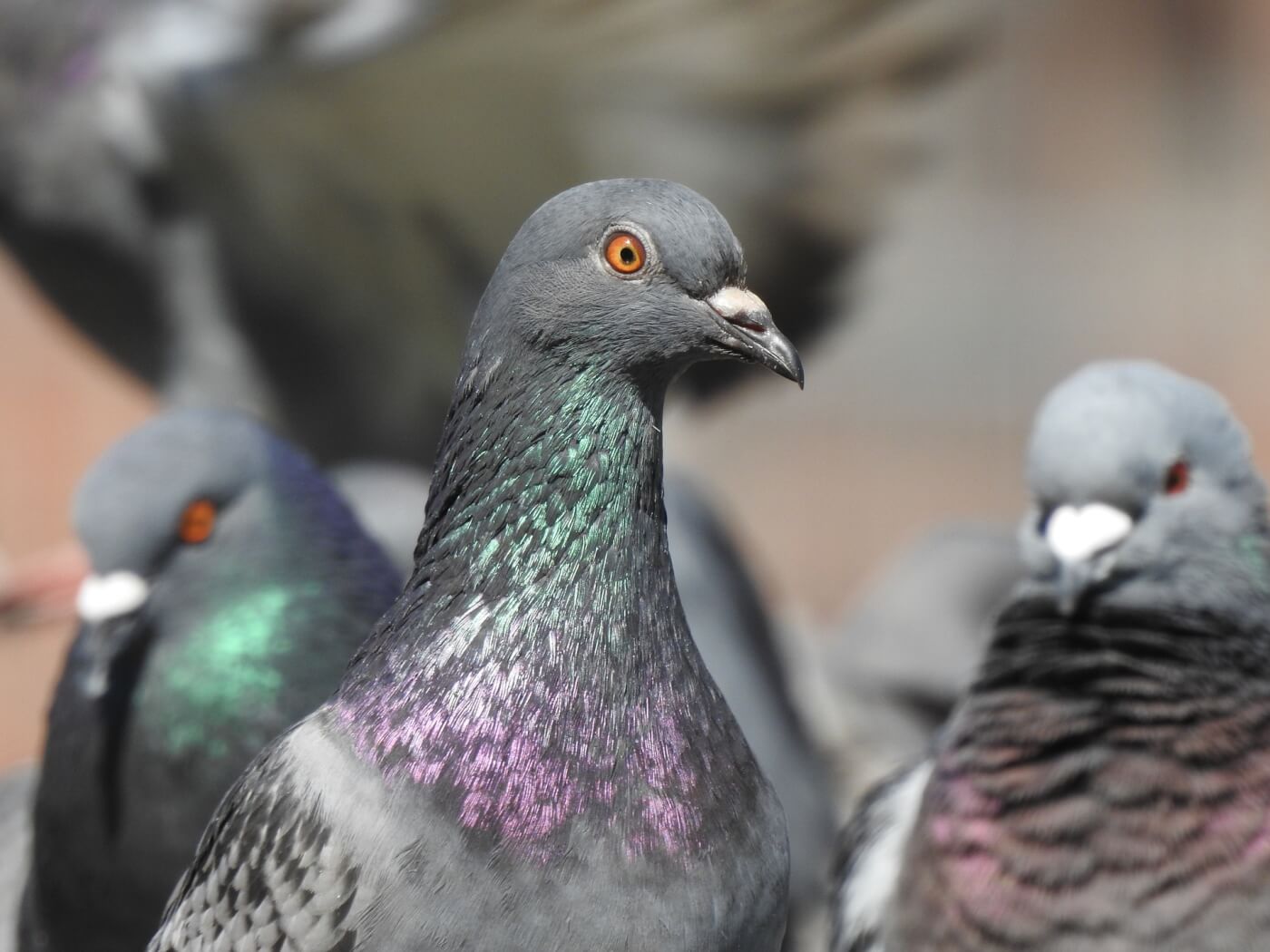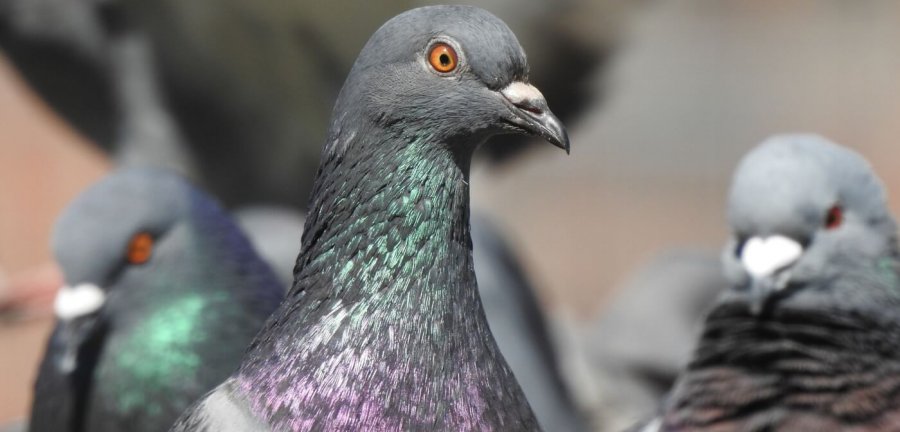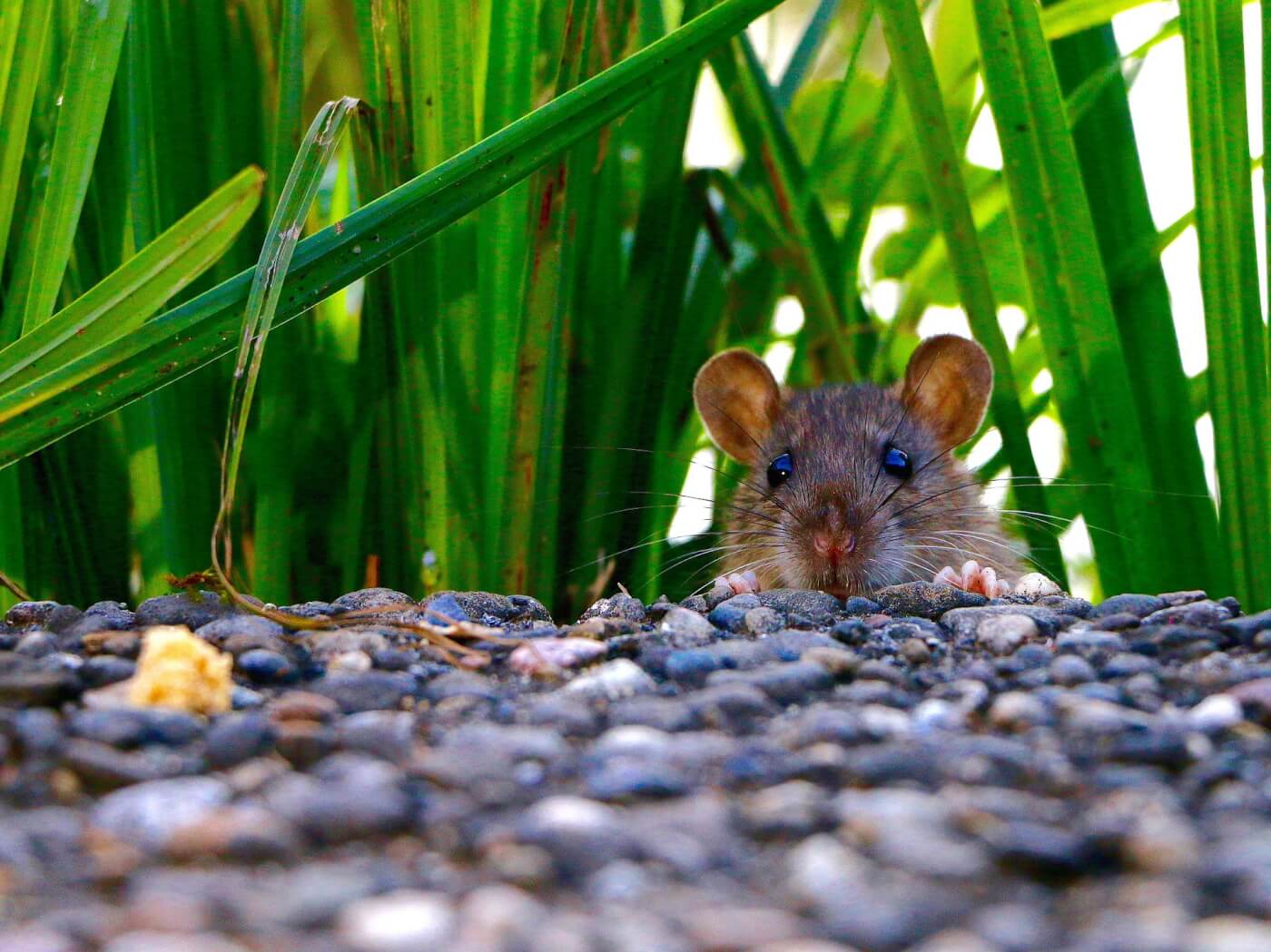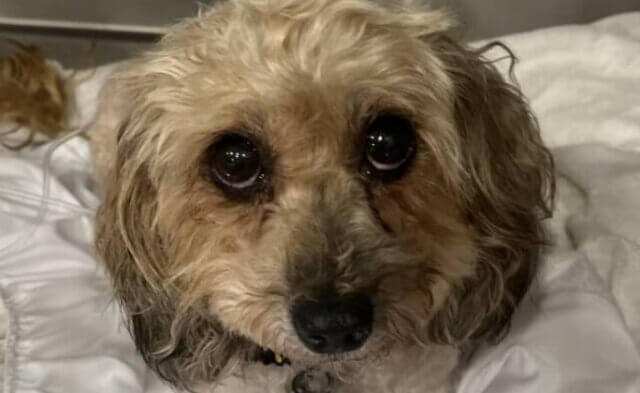PETA’s president, Ingrid Newkirk, has inspired people internationally with her empowering take on everything from pelts to “pets.” In this adapted excerpt from her latest talk, she encourages us all to help other human beings recognize animals for who they are: us!
Animals’ interests are being ignored because allowing their oppression is advantageous, and that will continue as long as people are permitted to get away with expressing the idea that only humans deserve consideration of their interests – and if they go unchallenged when they say things like, “Yes, yes, but they’re not human.”
Others’ interests are often inconvenient. Remember that American women’s interest in voting was ignored until 1920! Suffragettes on two continents went on hunger strikes and were imprisoned and force-fed just as geese exploited for foie gras are today, with funnels down their throats, while men laughed and said, “No, no, they’re not men. They haven’t the brains to vote!”
Men honestly believed that women were nuisances and “bird brains.” Today, many people consider pigeons nuisances with tiny brains when actually, like women, they are intelligent, valuable beings. The BBC reported that pigeons are as accurate as human doctors at detecting breast cancer – and the doctors get to use mammogram images, for Pete’s sake.

Don’t all living beings deserve respect and rights? What should count is having feelings, emotions, and pain receptors.
As Peter Singer wrote, we are not asking that animals be allowed to drive a car, which is meaningless to them – but we are asking that they be afforded the right not to be harmed and slaughtered for a snack, a coat, an experiment, or an evening’s entertainment.
I’m one of those supposedly superior human beings, yet I can’t remember anything that happened before last Tuesday unless I write it down. By contrast the humble rat can remember more than 30 events in context, and a fish can retain a memory for more than seven years. We compare animals’ intelligence to children’s, but a 1-year-old crow can figure out how to drop rocks into water to make food rise to the top, and an 8-month-old cow can operate gate latches and water pumps. Can a human baby do any of that?
How dare we eat animals? Experiment on them? Wear wool – sheep’s own clothing, which we have to mug them to steal – when sheep build friendships, stick up for one another in fights, and feel profound sadness seeing their friends sent away to slaughter? How dare we?
If anyone has the right to look down on anyone else, it is certainly not humans.
I’m proposing that we talk not just about cruelty to animals but also about animal rights. That we stop silently allowing human beings to say and believe that they are superior – unless you count building nuclear missiles, deforestation, pollution, and greed as signs of superiority. Let us decide that no matter how different we may look, we are all in this together.
I know it can be awkward to stand up for what we know is right all the time, but we must. We have a responsibility to stop quietly accepting false constructs and to be as honest as the child who, when everyone agreed that the emperor was clothed, called out that he was naked.
As Henry David Thoreau said, “It is never too late to give up our prejudices.” It doesn’t take great wealth to be an activist. Rather, it takes compassion and the will to use the enormous power that we have as members of the most privileged class on the planet: the human race. Can PETA count on you?
This article originally appears in our magazine, PETA Global. To begin your subscription, become a PETA member today!






